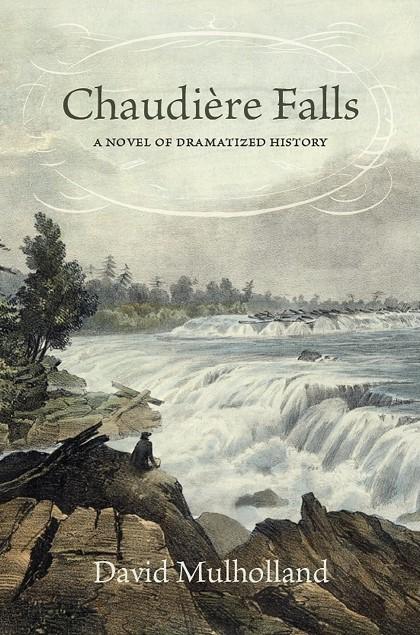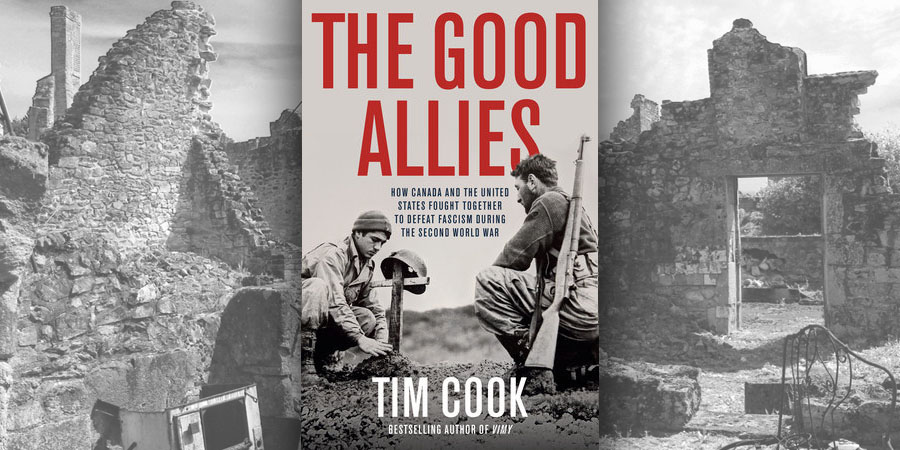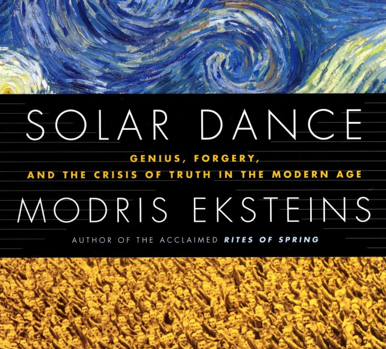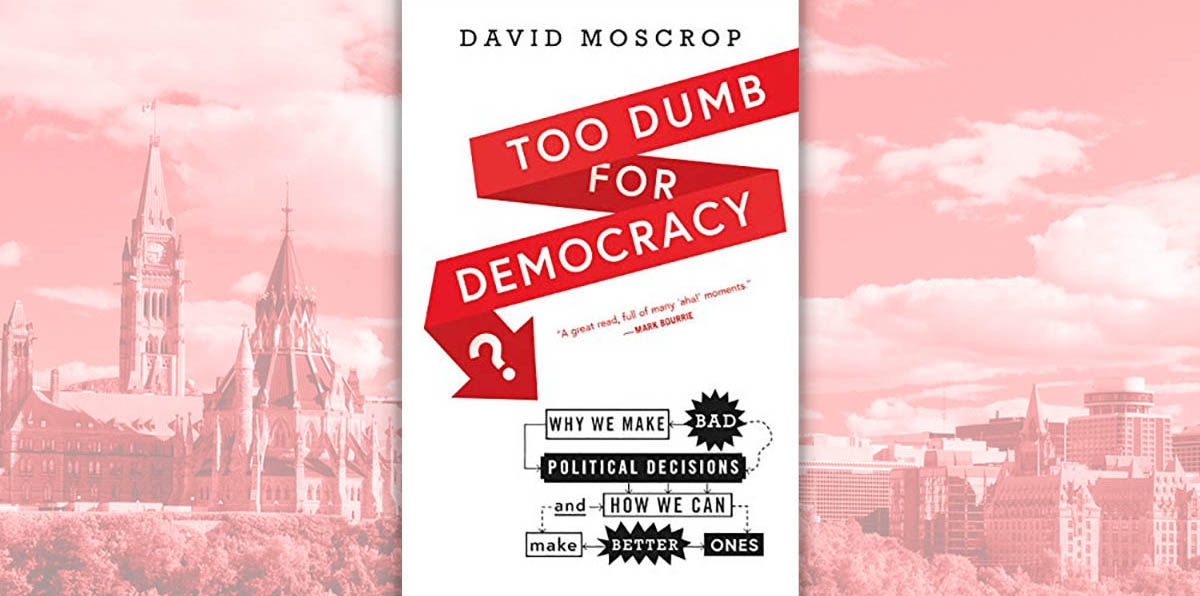
Chaudière Falls: A Novel of Dramatized History
Chaudière Falls: A Novel of Dramatized History
By David Mulholland
666 pages · ISBN: 978-1-77257-113-4
Chaudière Falls: A Novel of Dramatized History, written by Ontario native David Mulholland, is both an orthodox and atypical addition to the genre of historically-based fiction. It is Mulholland’s third novel, seven years in the making. Recounting the birth of our nation’s capital, it follows the lives of various settlers and immigrants as they begin to organize their community along the banks of the Ottawa River.
It is epic in scope, not something that is particularly common to the telling of Canadian history. At over 650 pages, Chaudière Falls covers roughly sixty years of history, as Ottawa grows from a small farm town to the city that would soon become Canada’s capital. It’s filled with tensions between farmers, government and native Aboriginal groups. There’s violence and war, as Colonel By brings disharmony to the settled township of Hull. Of course, there are both fighters and lovers: Chaudière Falls features the romantic drama typical to epic tales, giving heart and emotion to what would otherwise read as a history book. Characterization, however, is a secondary concern to Mulholland. His detailed accounts of Ottawa’s history are what matter here. His townspeople and government officials serve as conduits to the far more important events that are taking place.
“Detailed” is certainly the right word when it comes to describing Chaudière Falls. The last pages of the novel list the dozens of sources Mulholland consulted in the writing of his novel. He makes it clear in his note to the reader that Chaudière Falls is a work of dramatized history, not historical fiction. Whereas authors of the latter try to “hide their research,” and focus on the humanity behind the events, Mulholland chooses to place his research in the foreground, integrating every fact he can into his novel.
Yet, the epigraph that caps off this lengthy literary affair plays contrary to Chaudière Falls’ factually-driven accounts. Mulholland quotes Nietzsche’s famous words, “There are no facts; only interpretations,” challenging his own telling of Ottawa’s pre-capital days. History can only be seen through a glass darkly, and Mulholland’s experiences with writing Chaudière Falls prove to be no different. “My research turned up several contradictions in the ‘historical record,’” he writes. “If I could find at least two reliable sources to confirm ‘a fact,’ I used it. If not, I went with whatever made the most sense.” The validity of history is a recurring theme in Mulholland’s work, also playing a significant role in his novel Duel.
Ultimately, Chaudière Falls is a labour of love, a thoughtfully crafted history of a story not often told. While history is easy to mythologize, the novel’s sober approach shows the author’s remarkable eye for detail. For the history fiends who like fact to work in tandem with fiction, Chaudiere Falls is a can’t miss.







